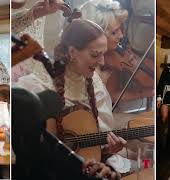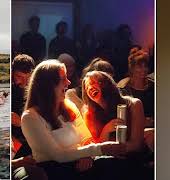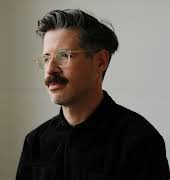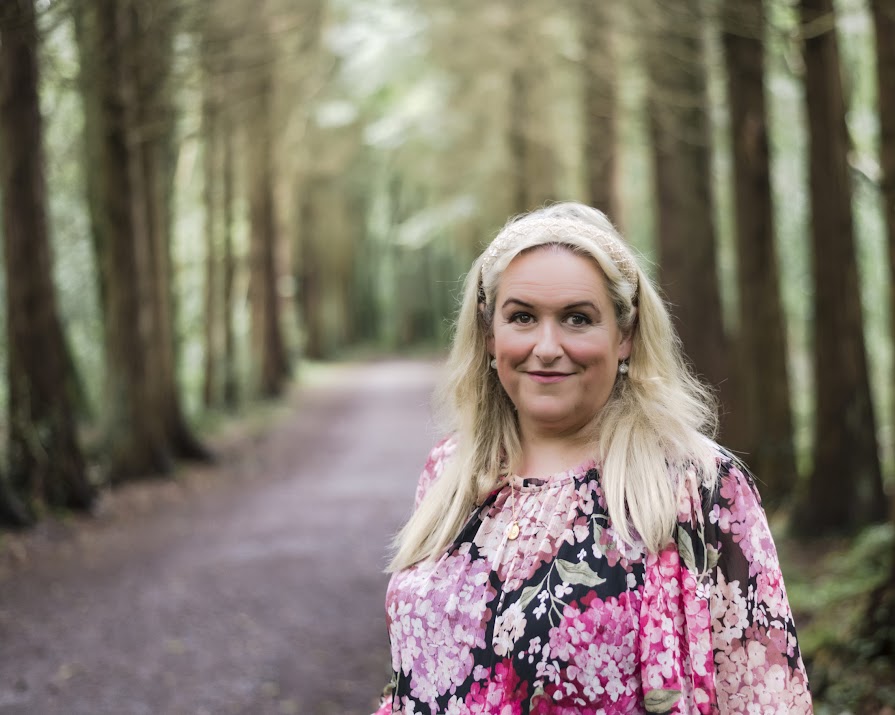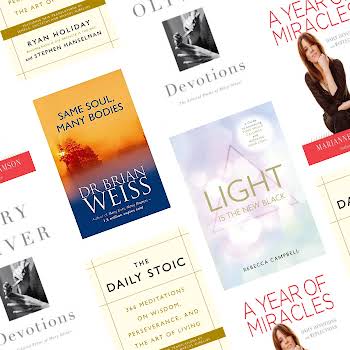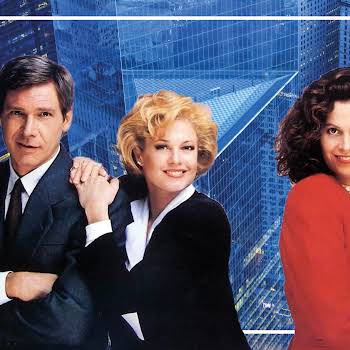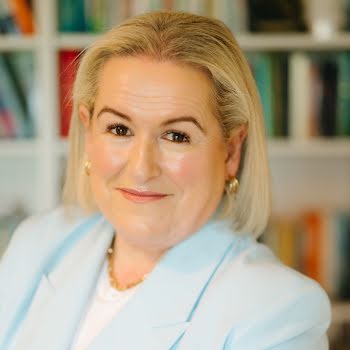
By Niamh Ennis
02nd Oct 2020
02nd Oct 2020
Niamh Ennis is Ireland’s leading Change and Transformation Specialist. Here she writes about her experience of finding hope
The practice of listing the three things that you are grateful for each day is one that eluded me for quite a while. I studiously ignored it and thought that it all felt a little happy-clappy! I think when I first tried it I couldn’t get beyond the predictable list of ‘for my family, the roof over my head and wine!’
The repetition bored me and it honestly felt soulless. It had no real meaning for me, yet I persisted. Over the years, I lost that desire to feel grateful. Probably, around the same time that I lost those things I was grateful for. A decade ago, I had a challenging few years, during which I lost everyone close to me, suddenly and unexpectedly and all in a relatively short space of time.
There followed a period of feeling extremely lost, very broken and chasing answers in all of the wrong places. Best described, as the spiral of grief, I crumbled underneath the weight of the loss I was feeling but also from the intense anger it had left me with.
I was so angry.
Angry at my fiancé for having died just months before our wedding, at my dad for leaving me not long after and with my mother who, shortly afterwards, joined them both. I saw it as abandonment. They had each abandoned me and I was left behind alone and hurting. How could I not be angry? Life had dealt me one blow after another and it felt personal.
Nothing to be grateful for
I didn’t see it at the time, but the further I fell into grief, the further I dived into victimhood. It felt black and white to me. I was the victim. They had got sick and died and I was left on my own. I didn’t for a second think that this was in fact their journey, their path in life (and death) and that I was a passenger and not collateral damage. The grieving mind can get very confused!
During this phase of deep anger, I lost all ability to feel any type of gratitude. There simply was nothing to be grateful for. I was the girl that everyone abandoned and I simply needed to accept that. This became my story for a number of years. Of course, I can see now that this is what grief does to us. It ties us up in knots and distorts not just how we view the world but most importantly how we view our place in it.
I became so attached to that story and the safety that came with it. If I lived, acted and believed that I was the girl who everyone abandoned then when it happened again, which let’s face it was highly likely, then I would be prepared. I was going to get my retaliation in first!
Then slowly something began to niggle at me. What if it wasn’t that I was the unluckiest girl in the world? What if all these people hadn’t in fact abandoned me – what would it mean if I believed that their leaving me was to clear the way for me to do something more meaningful with my life?
Now THAT was a big question and it took me a long while to wrap my head around it and even longer to come up with an answer. But it was that answer that changed everything for me. I remember that exact day, and where I was, when I first allowed that question land!
Now please let me reassure you that this was not a moment when the skies opened and angels appeared with trumpets – it didn’t feel like anything other than what it was – which was a realisation that maybe, just maybe, if I released the story of me being the victim and instead allowed for the idea that there was potential in me searching for the learnings in all of this rather than focusing on the fall out.
Everything changed that day.
Tomorrow will be better
I began to feel grateful for the time I had with those I loved who had died. I felt grateful that their short illnesses and sudden deaths had meant they hadn’t suffered for long, that I had been able to there for each of them at the end and that I had no regrets. Anyone, who has experienced grief, will tell you the role that regret has in adding to your living with the pain. I recognised this was a good thing from the outset.
I began to feel grateful for these aspects and once I turned my attention to gratitude, the anger left. The truth of it is that you simply cannot feel anger and hope at the same time. Once you start seeing things to be grateful for your brain starts looking for more things to be grateful for and this is how things slowly started to change for me.
I unpacked my story, I released the people who I had allowed become part of that story, I began to look inward to see what were the next steps I needed to take, in order to not just honour those who had died, but to honour who I was going to become in this next stage of my life.
In the end, I chose to be the coach I am today. I changed every aspect of my life and rebuilt a new life and one that now gives me real nourishment. I work with others who are looking to make similar changes in their lives, their careers and their relationships and my singular hope is that I can inspire them to feel gratitude for what is so they can have clarity around what can be!
Hope is important because it can make the present moment less difficult to bear. If we believe that tomorrow will be better, we can bear a hardship today.” – Thich Nhat Hanh
Niamh Ennis is Ireland’s leading Change and Transformation Specialist. If you feel stuck and looking to make changes, but just don’t know where to start, then the October 3 Day Free Change Made Easy Challenge is just for you. Visit niamhennis.com



